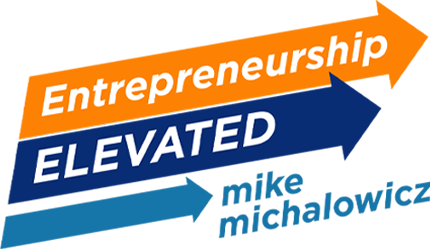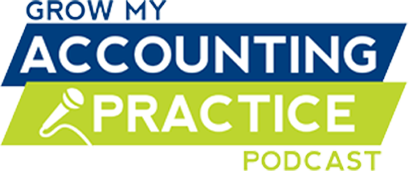The All In galleys came in and I immediately cracked one open. Ironically, the first word I saw was “reciprocity”.
The concept of reciprocity is something I’ve been applying in my business over the last several years. When I did, I saw incredible things happen – both professionally and personally.
How reciprocity works
It’s more than just giving to get. As the owner of your company, you’re likely focused on your business goals. You meet with your team to strategize about the vision of the company, how much revenue you want to bring in, and strategies to meet these goals. While your employees may seem excited and on board, ultimately, they have their own goals to meet, too.
You know what you want to achieve, but do you know what your employees want to achieve?
This may seem irrelevant to you, but it’s not. Say you have an employee who wants to buy a house, needs to save for a new car, has medical bills to pay, or even has a side hustle. These are things that take up real estate in their minds. These are goals that when they come to work, they feel they have to put aside to focus on yours. But what if you knew about their needs and wants, and you and your team could support each other in multiple aspects of your lives?
Why is this important to you? Because when you do this – when you give to them in this manner, they will give back to you and your company ten-fold because it serves not just you, but them too. What happens is your employees become so dedicated and committed to your business that they begin to feel like partners in it. And that right there is one of the most powerful, Shangri La mindsets you could ever wish for from your team.
Let’s look at this in practical terms. How can you support your teams’ personal goals, while striking that balance between not getting too involved (I know, you have things to do), and also maintaining an authentic and active solution to what they want to achieve?
How to:
- Meetings that matter. As the leader of your company, one of your jobs is to keep your teams’ vision in front of them with personal check-ins at meetings. For instance, we have a quick huddle every day at 9:30. We discuss what we accomplished the day before, the big one we want to accomplish that day, and a personal update. Each person does this in about a minute, so the meetings don’t drag on.
- Study. I listen. I know that’s obvious but I like to take notes when I hear employees talk about something important to them. This way, I can follow up with them here and there to let them know I am aware of their goals and I care. It’s a small exercise with big results.
- Hold ‘em accountable. You know this is my favorite. All goals are met with accountability. We have quarterly meetings during which we discuss our business goals and strategies, but we also carve out time to take a deep dive into our personal goals. We create a poster for our spaces with a list of our one-year, five-year, and ten-year goals. This visual keeps us on task. Then, each quarter, we follow up on our personal goals to see where we are and how we can support each other in those. We offer resources, our time, our knowledge, and even physical help!
If these tactics feel touchy-feely to you, so be it. It’s needed. It’s necessary because the workforce is broken right now, and no old-school, traditional leadership models work for anyone anymore. So this year, go into it with a fresh perspective. You hired humans, so lead like one – with reciprocity.
I am so honored to be on your journey with you. Thank you for allowing me aboard.
With Gratitude,
Mike










